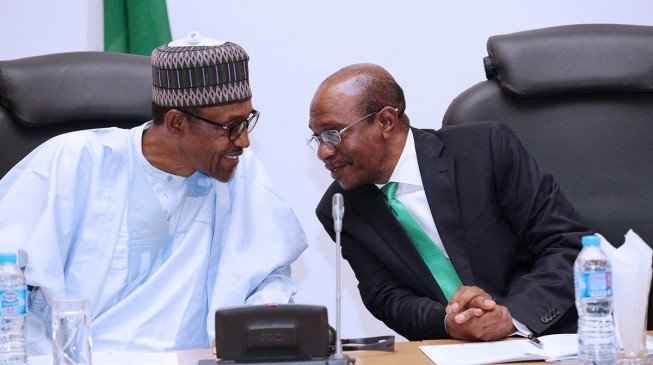Business
Nigeria’s Foreign Exchange Reserves Hit $25bn

Nigeria’s foreign exchange reserves is back at the $25 billion mark, for the first time in five months.
The reserves, which shows the state of the country’s financial funds in other currencies, had fallen to an 11-year-low of $24.76 billion, earlier in 2016, recording its lowest point since June 2005.
According to data from the Central Bank of Nigeria (CBN), the reserves rose to $25,043,149,161 as at Friday, December 16, 2016.
Since the introduction of the new foreign exchange regime, the CBN has said the inflow of foreign exchange into the Nigerian economy, had been on the rise, with hopes of beating demand.
“The Committee observed that total foreign exchange inflows through the CBN increased by 89.14 per cent, from US$1,092.21 million recorded in July to US$2,065.79 million in August 2016,” Godwin Emefiele, governor of the bank, had said in September.
“This increase was due mainly to receipts of foreign flows within the month. Total outflows, however, decreased by 4.57 per cent from US$2,728.12 million to US$2,603.35 during the same period.
“In direct efforts to deepen the foreign exchange market and stabilize the financial markets generally, a number of policy instruments were deployed since the last MPC meeting, including an increase in the benchmark interest rate.
“Complementary administrative measures were also taken towards achieving this goal, among which was the directive to IMTOs to sell forex directly to Bureau de Change Operators, in order to improve liquidity in that segment of the foreign exchange market.”
As the foreign reserve increases, the naira has however remained “immune” to the rise in foreign exchange, with the naira sliding to 487 against the dollar on Friday, at the parallel market.
The British pound and euro, went for N605 and N510 respectively. The official side of the market traded a dollar for N315 on Friday.
Nigeria’s foreign reserves is dominated in dollars, yuan, pound, euro and a few other currencies.






